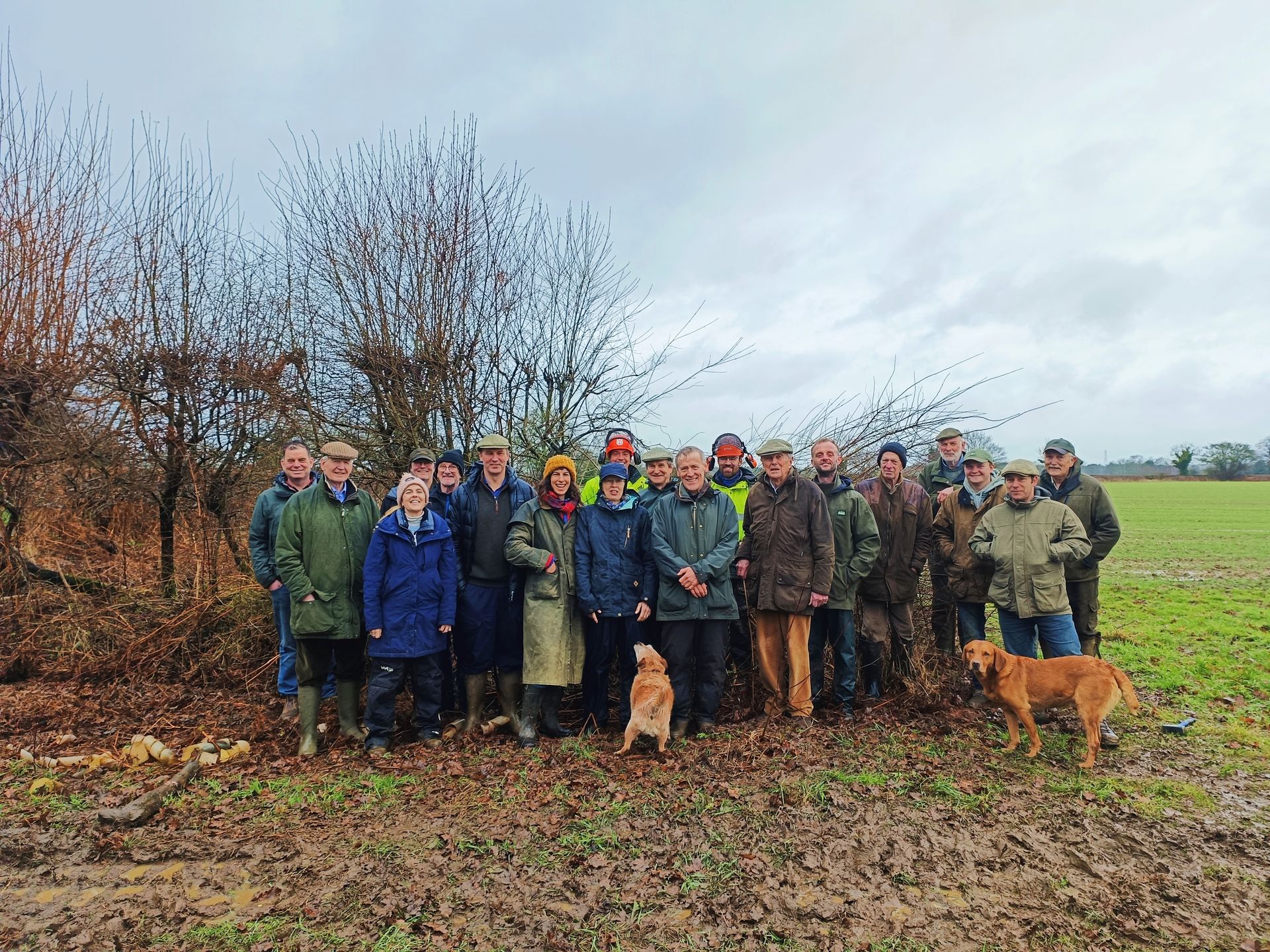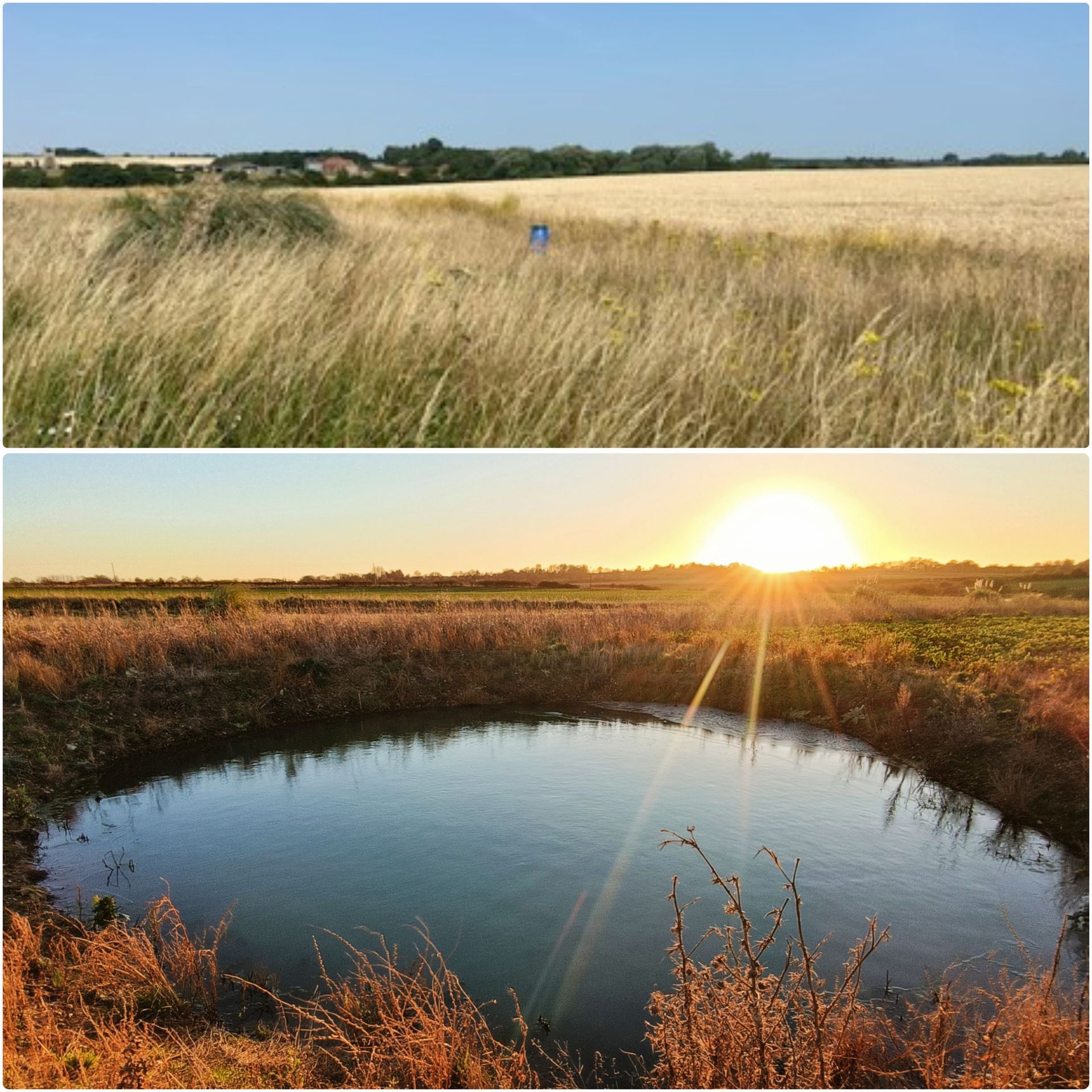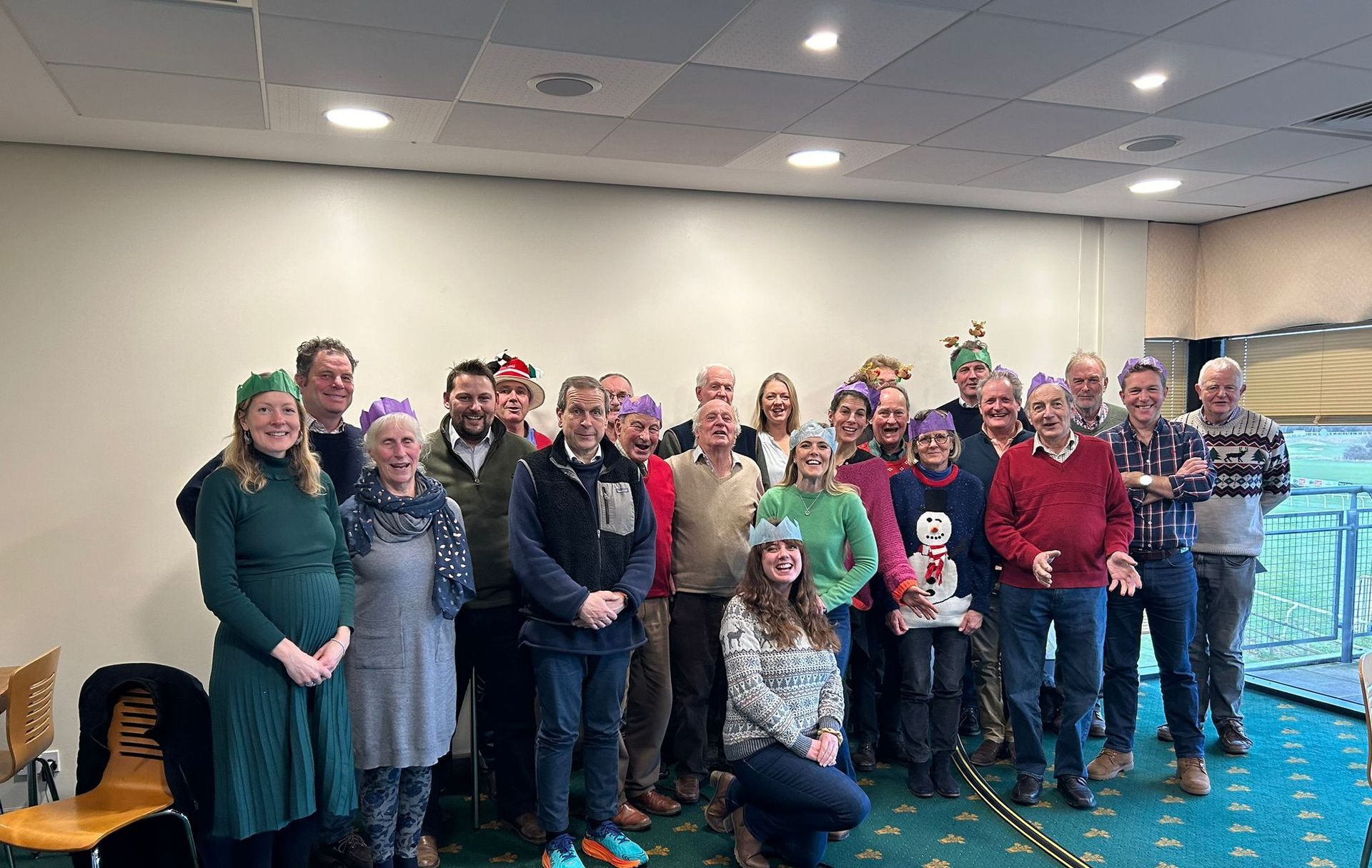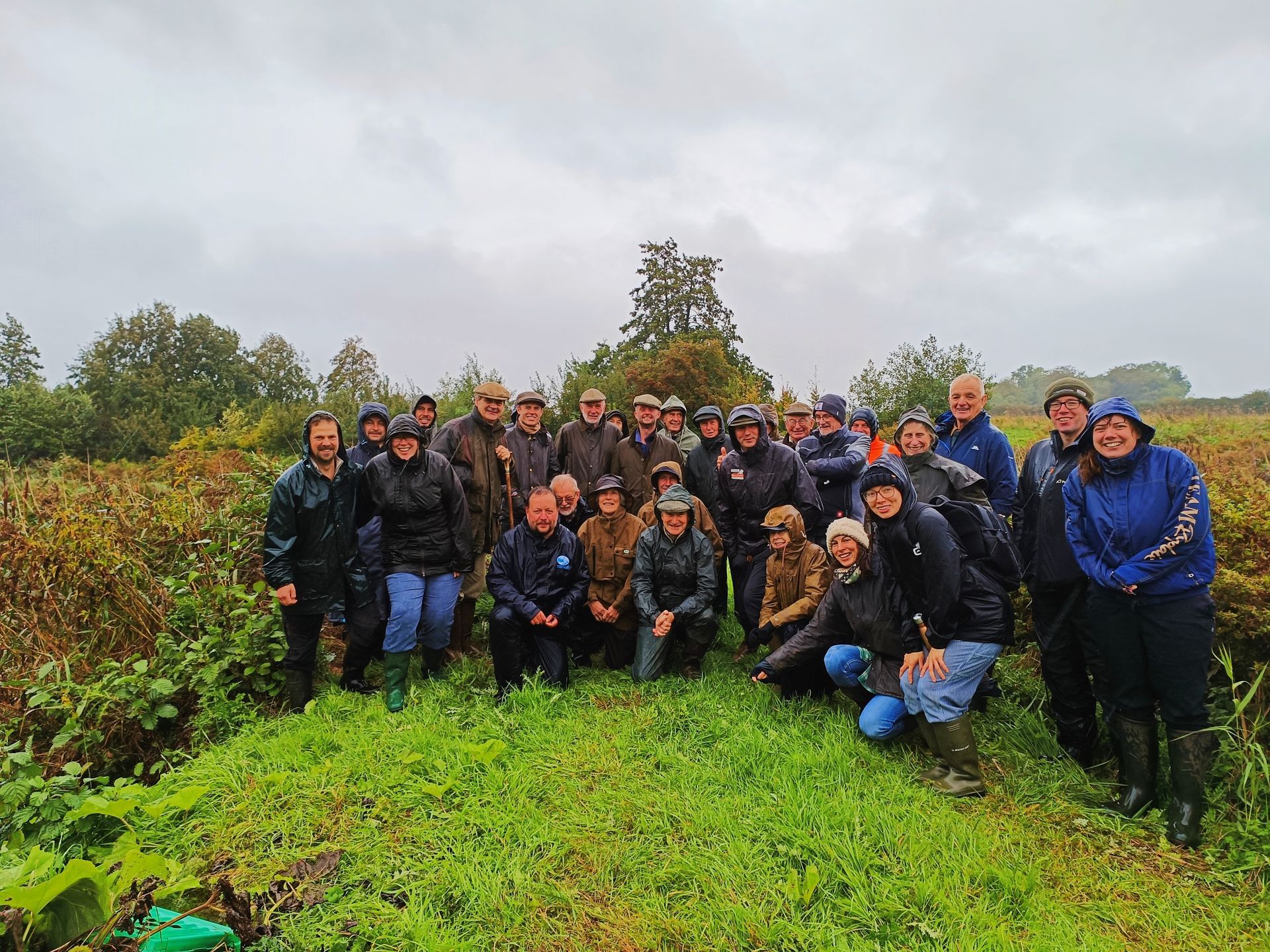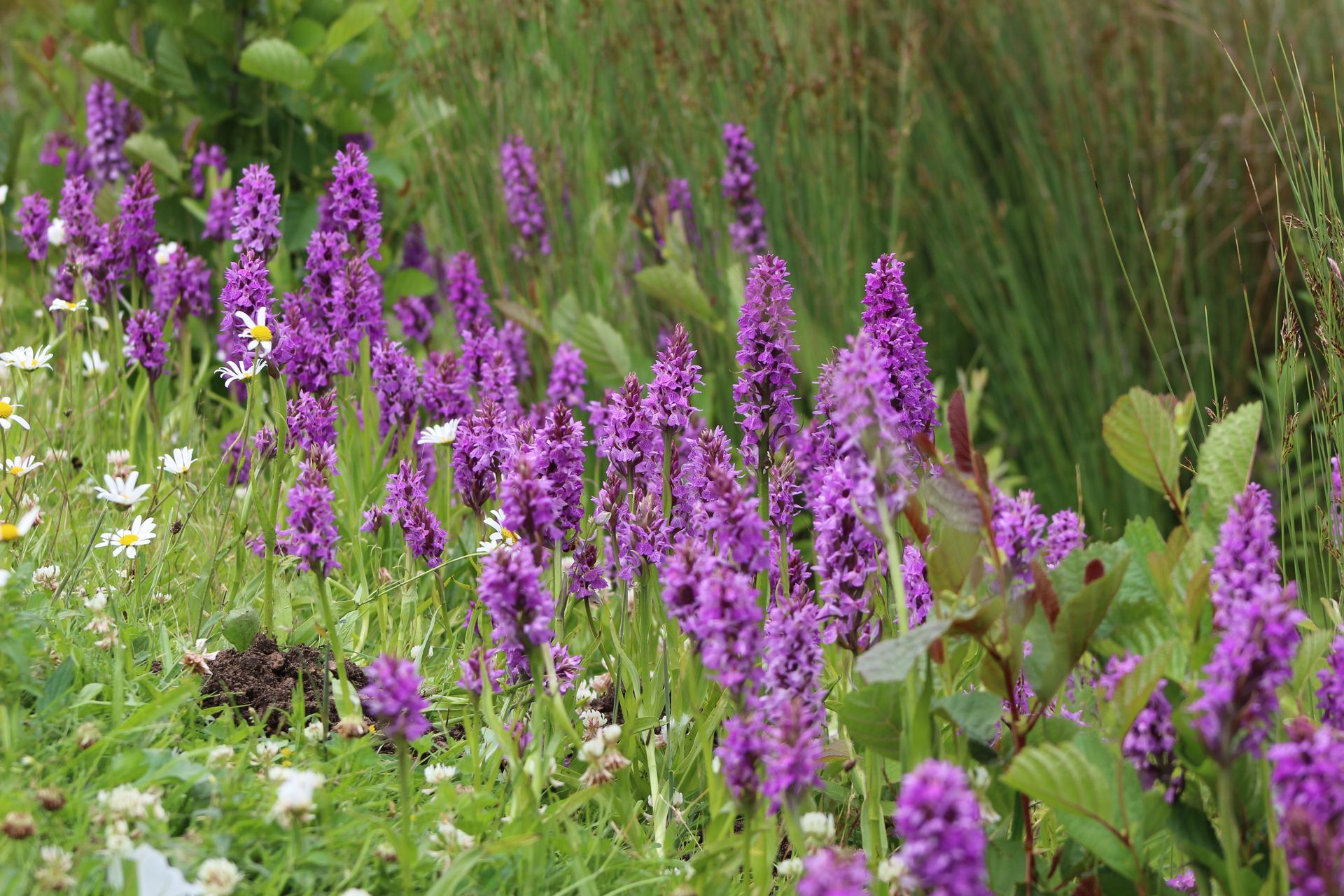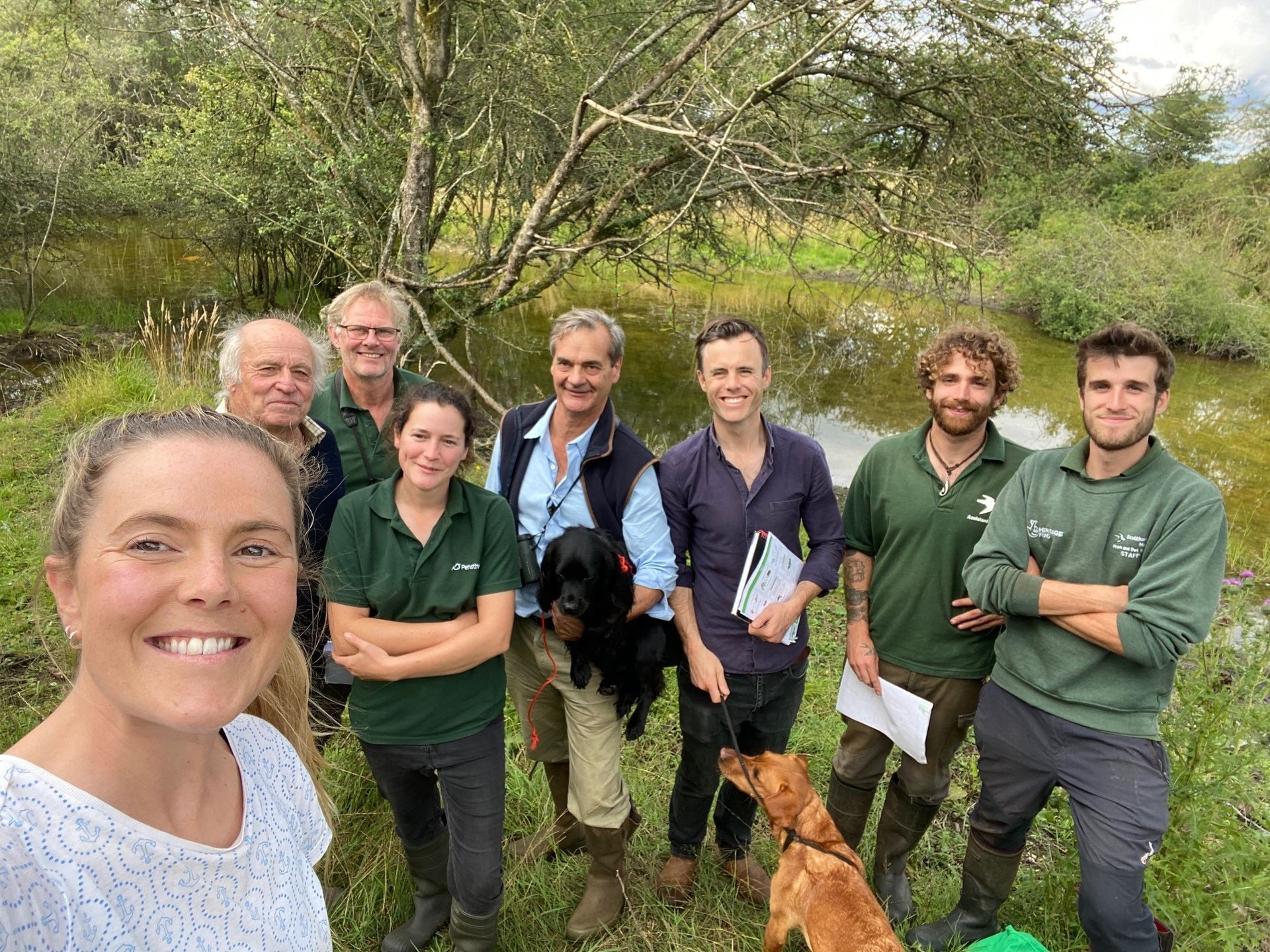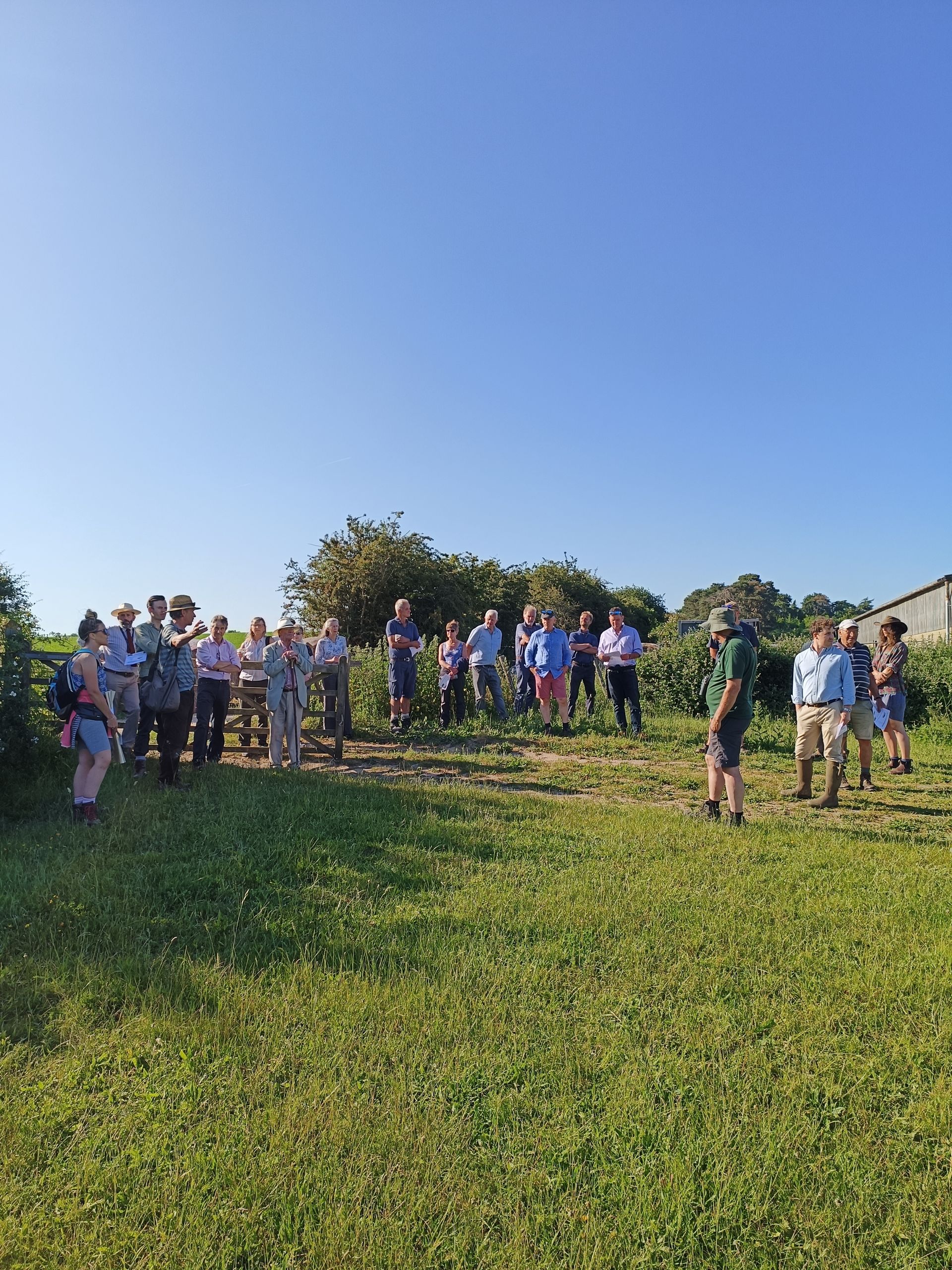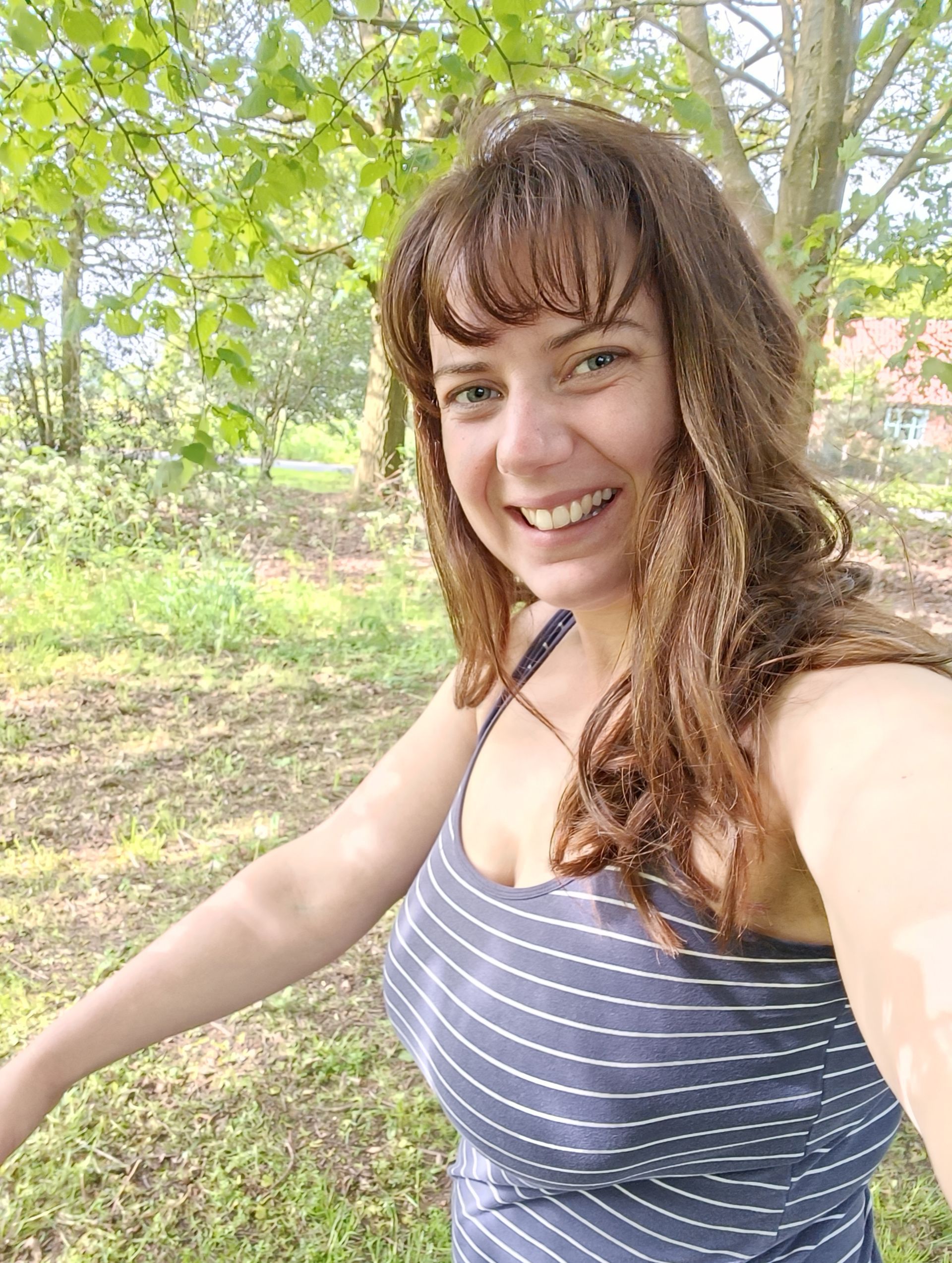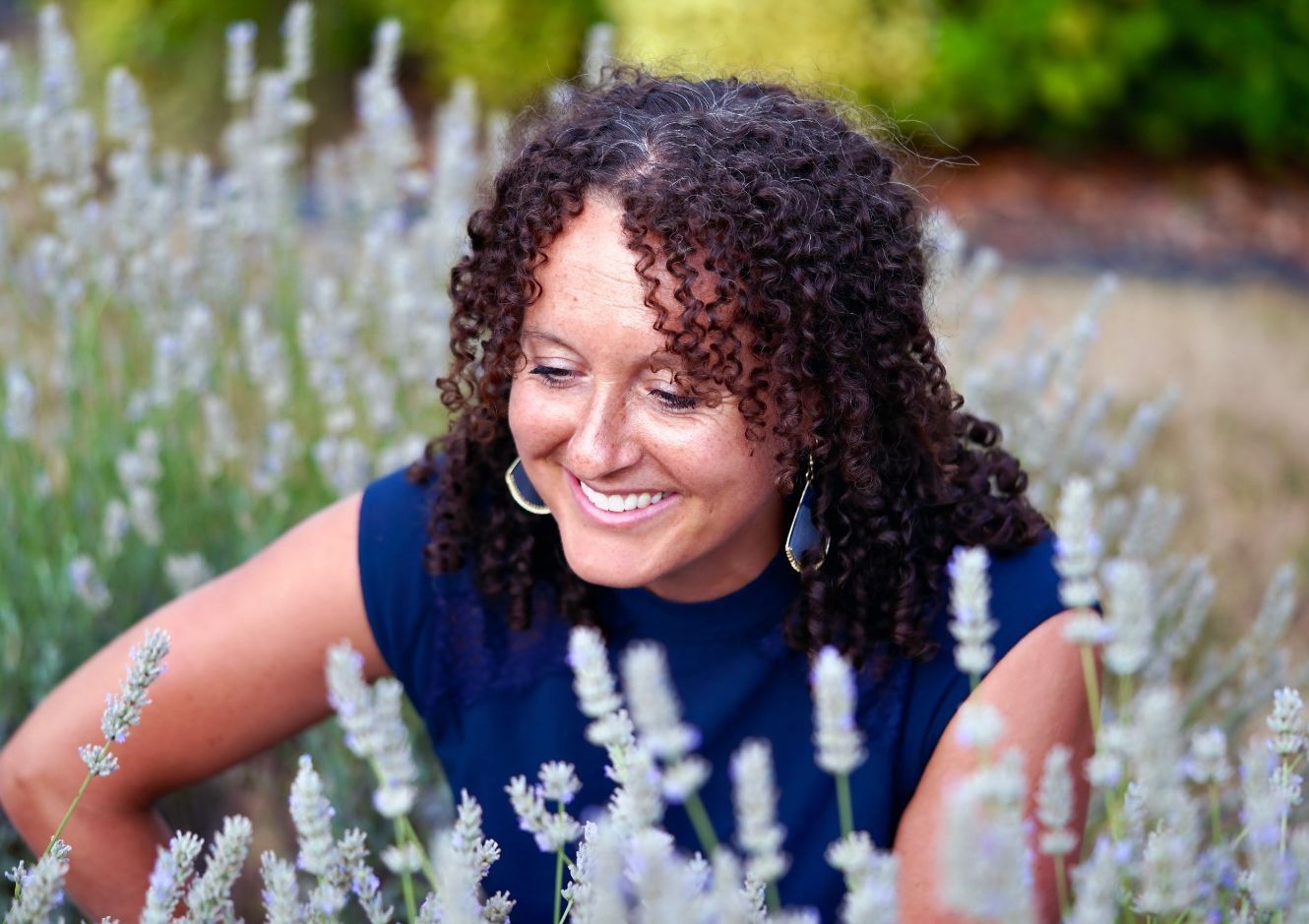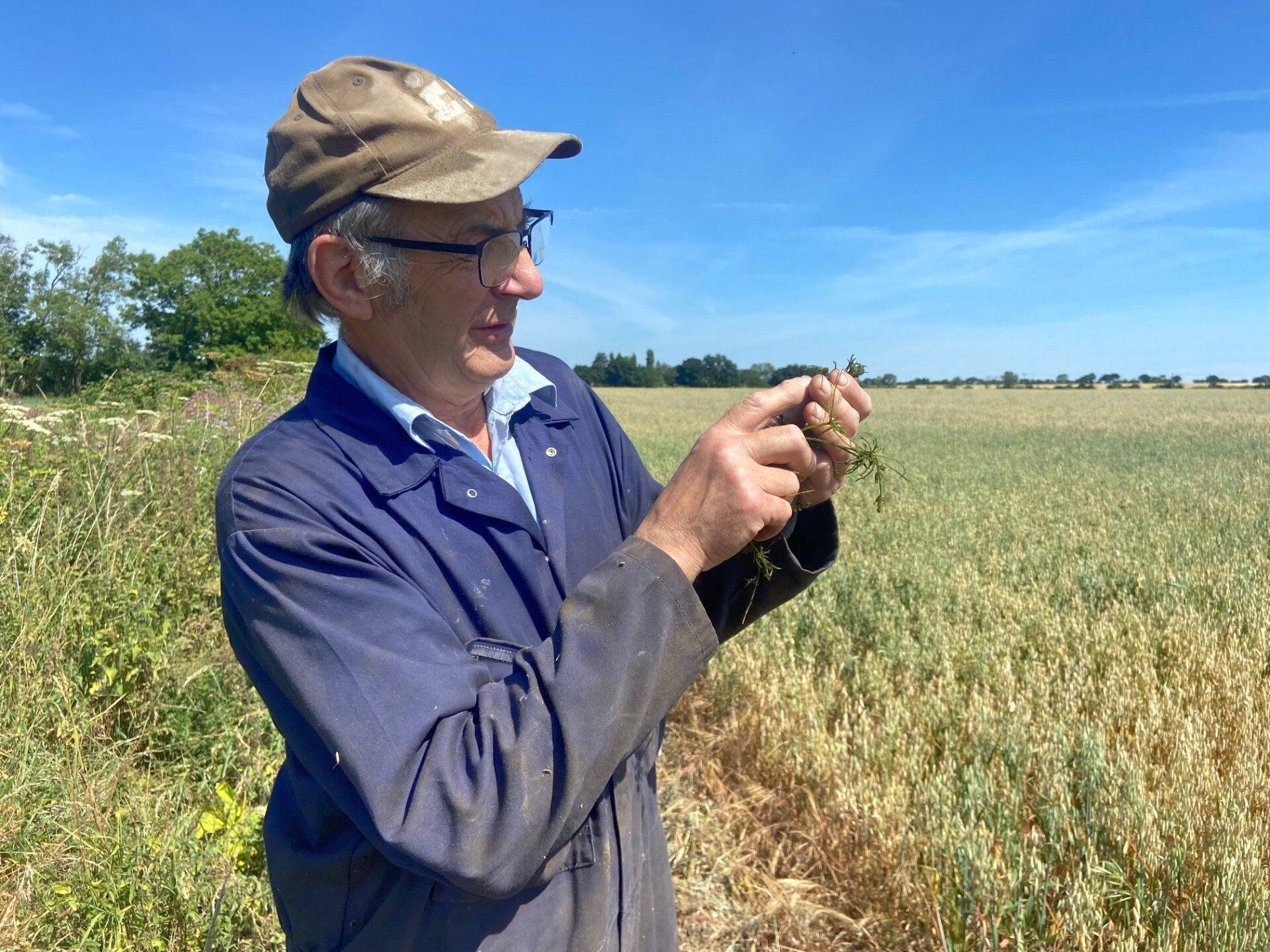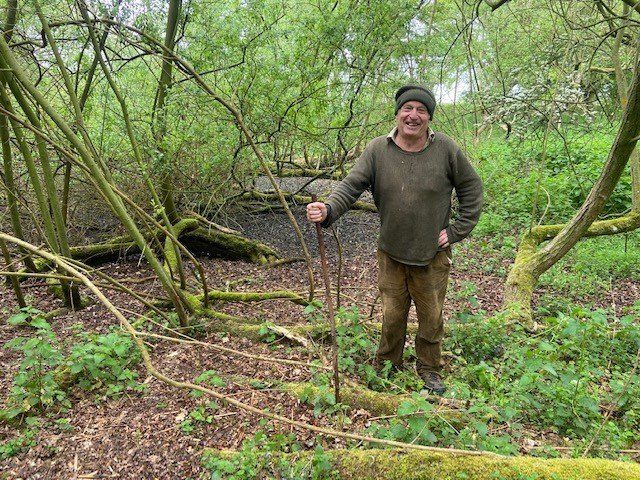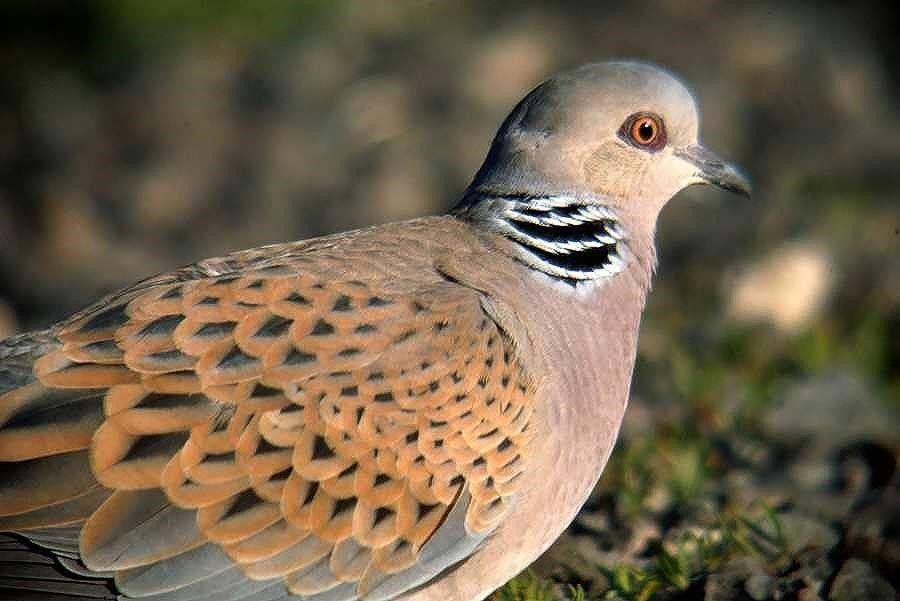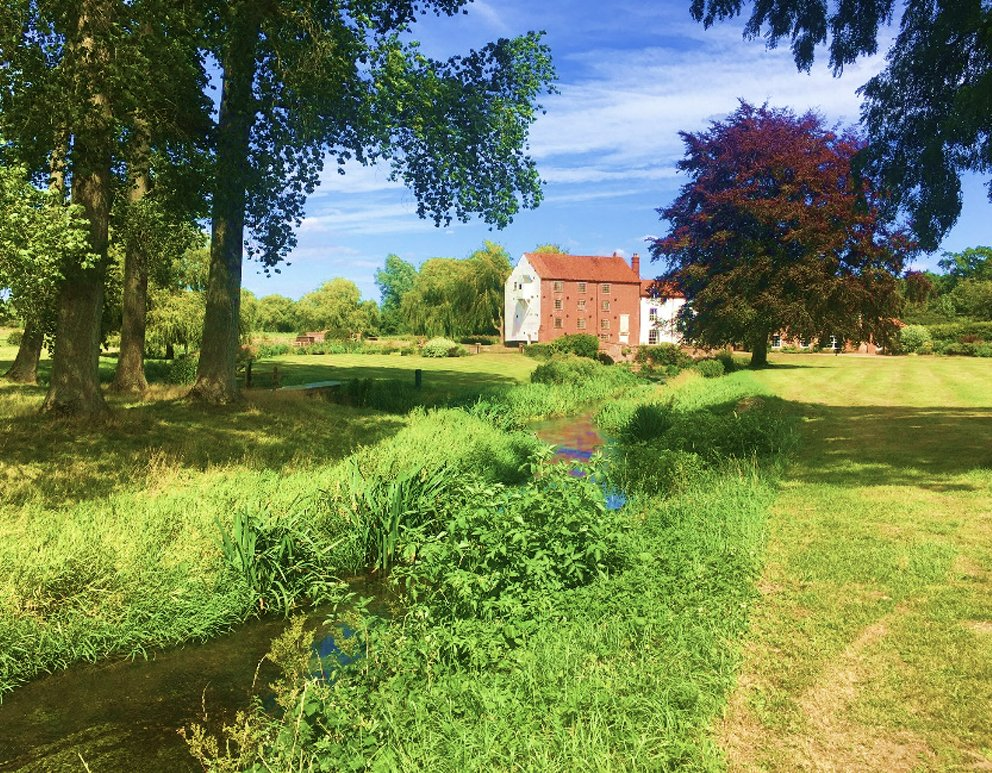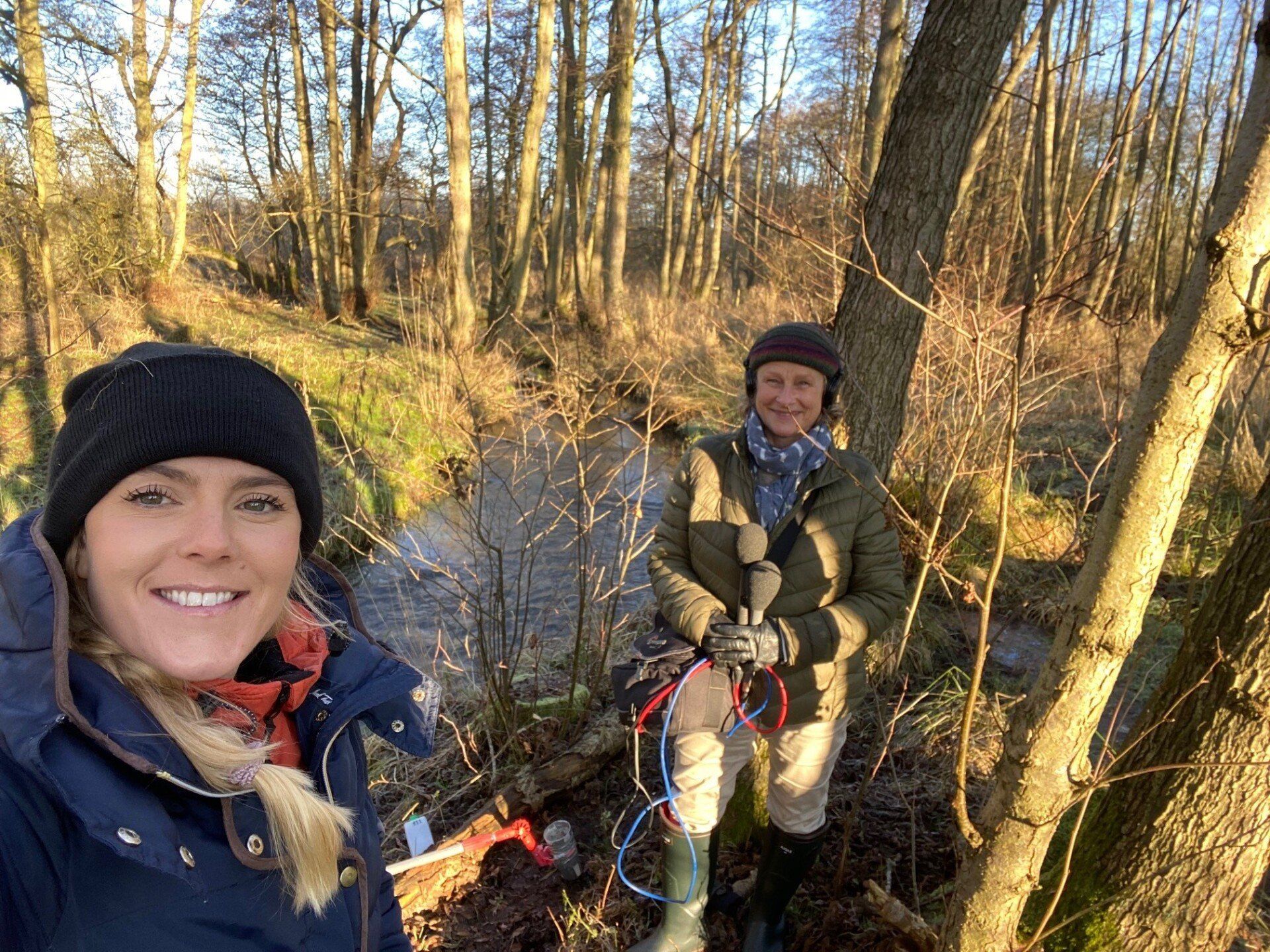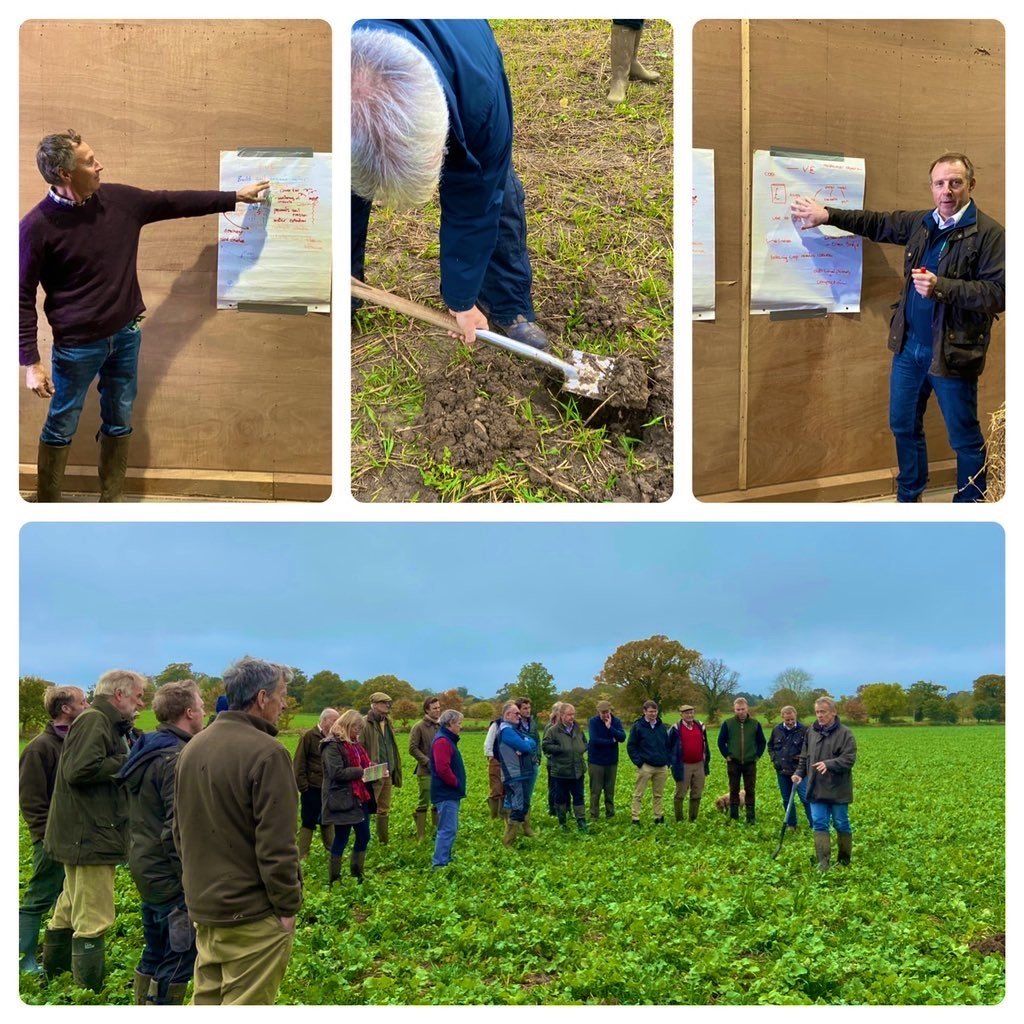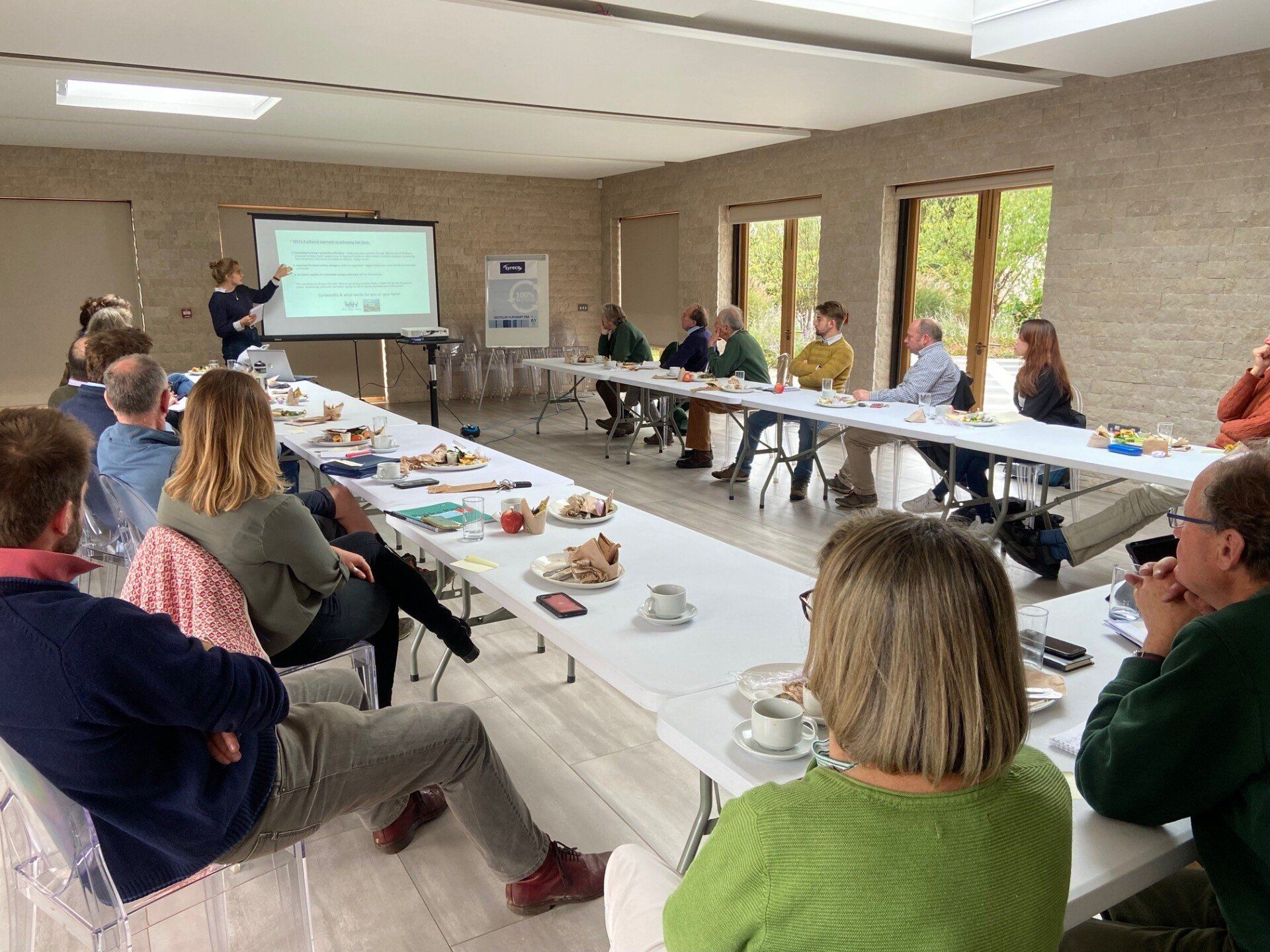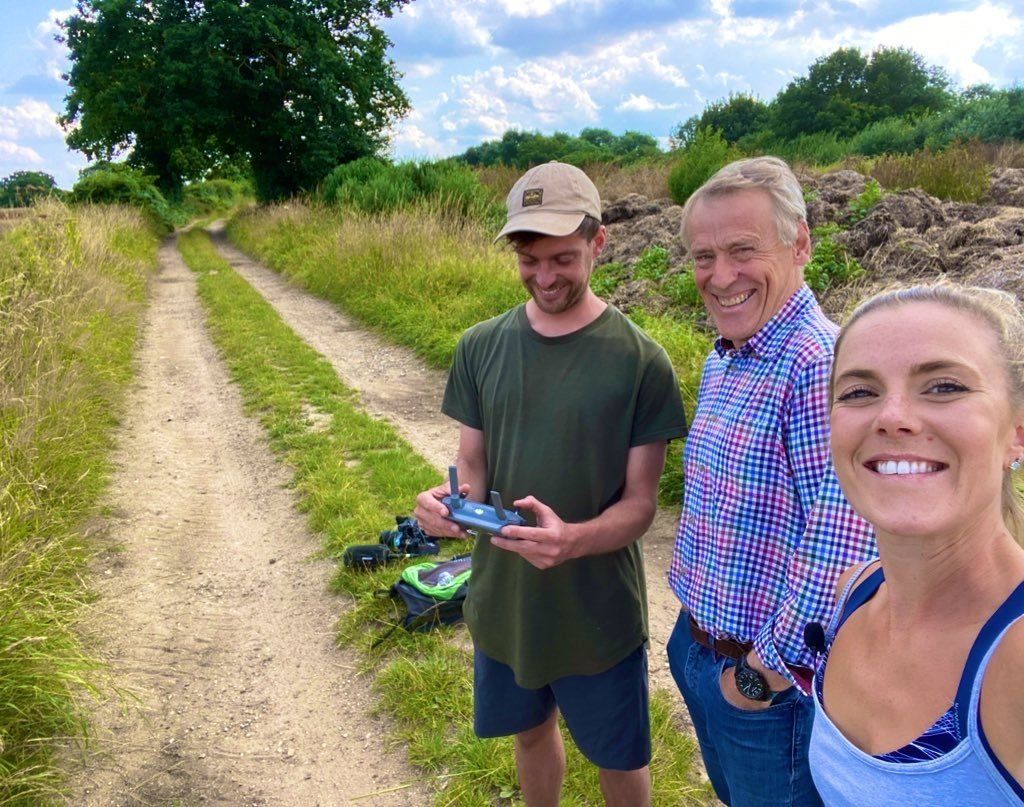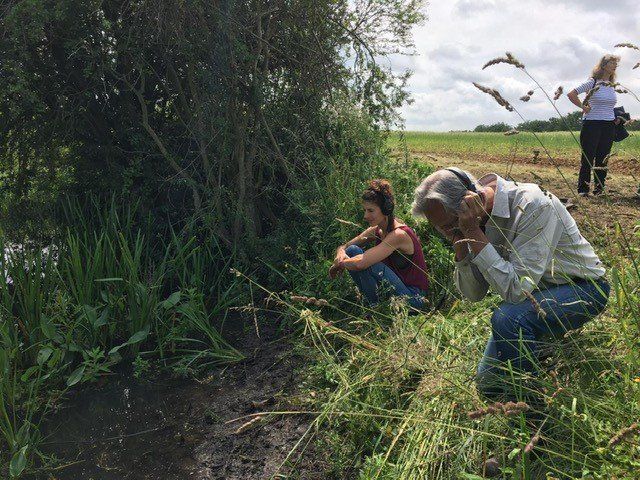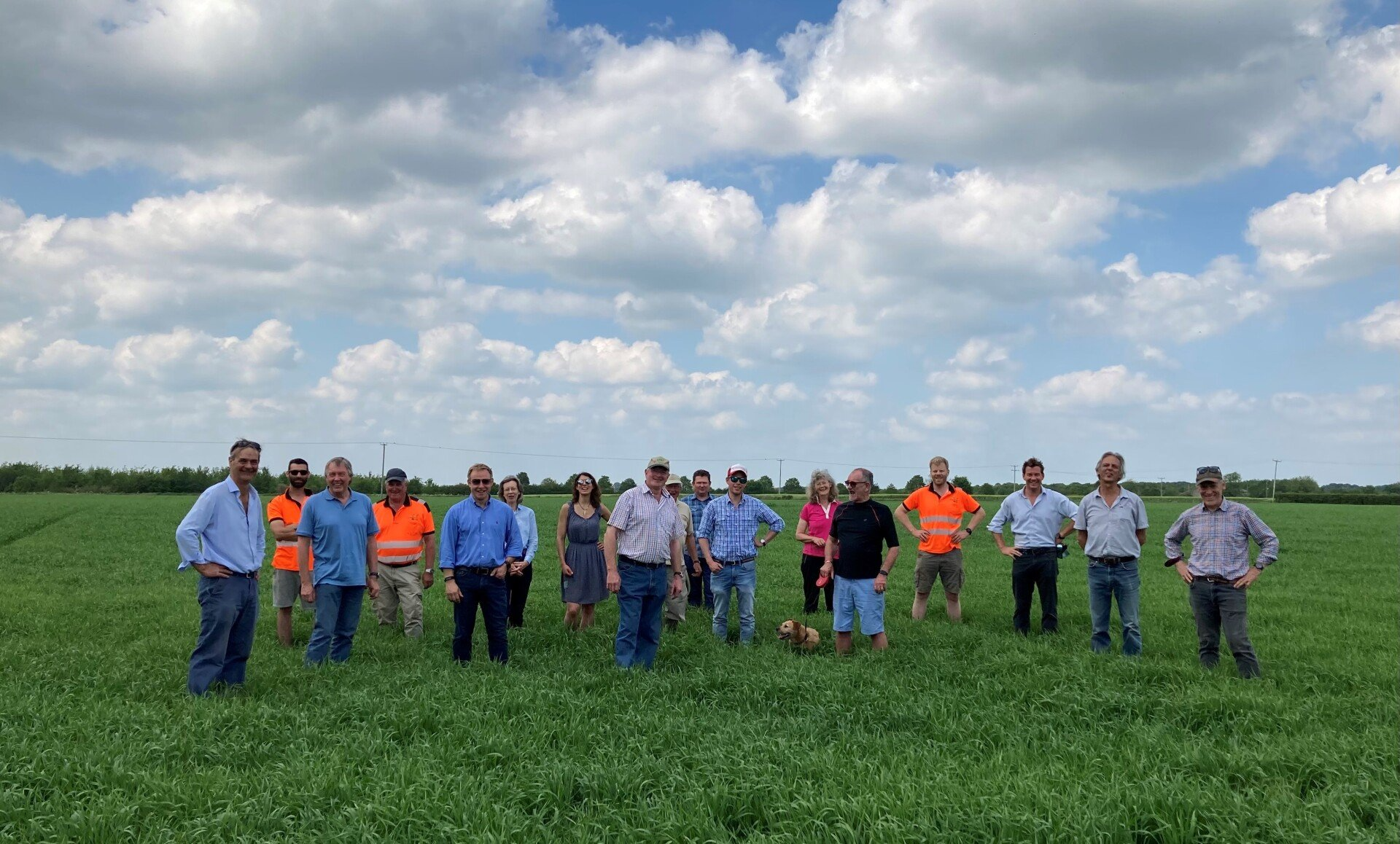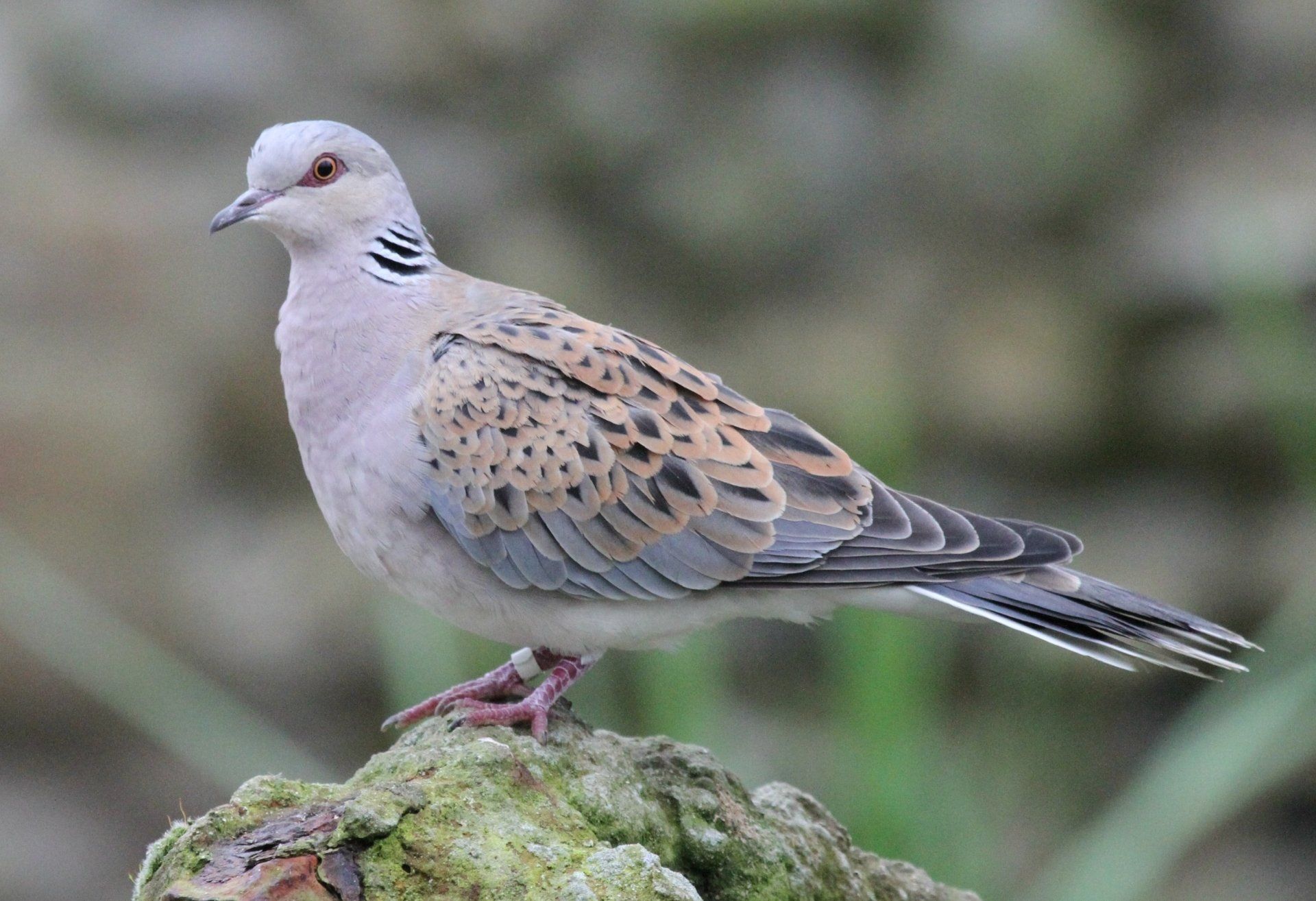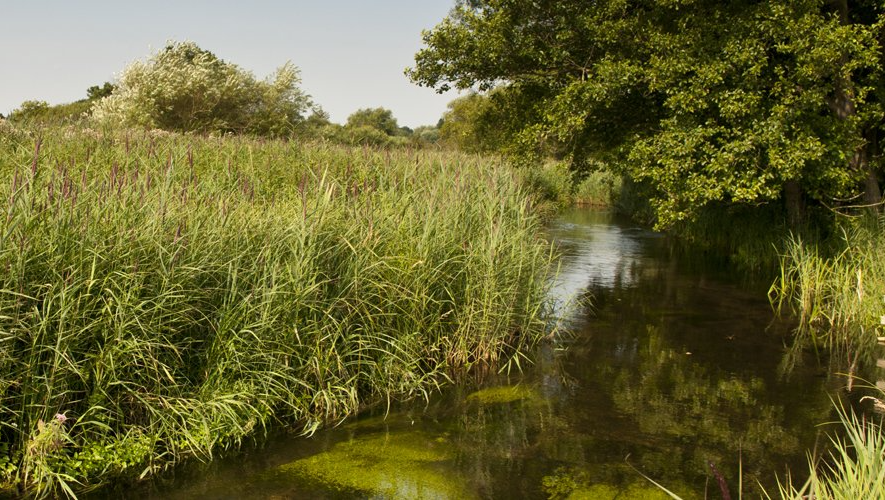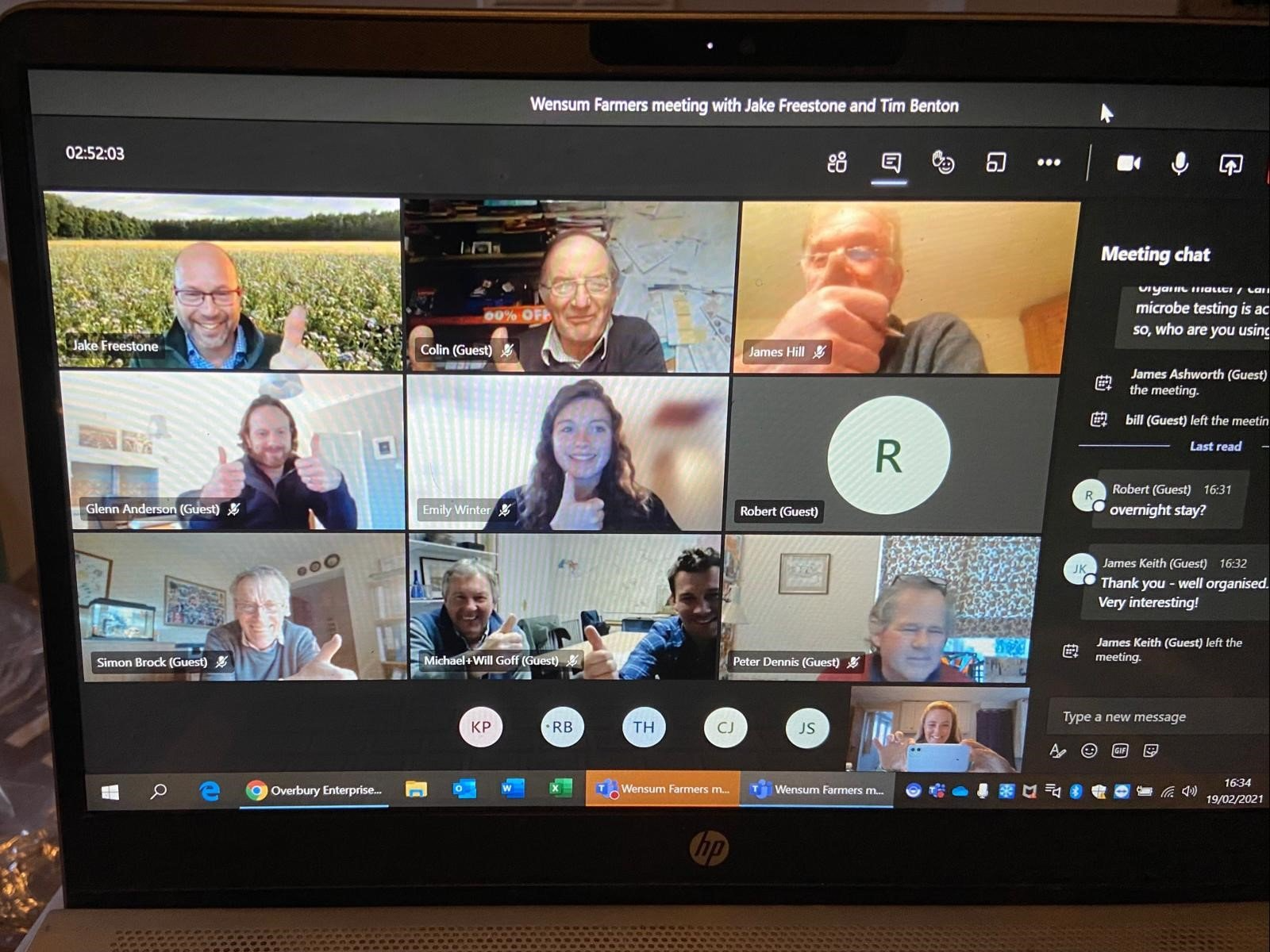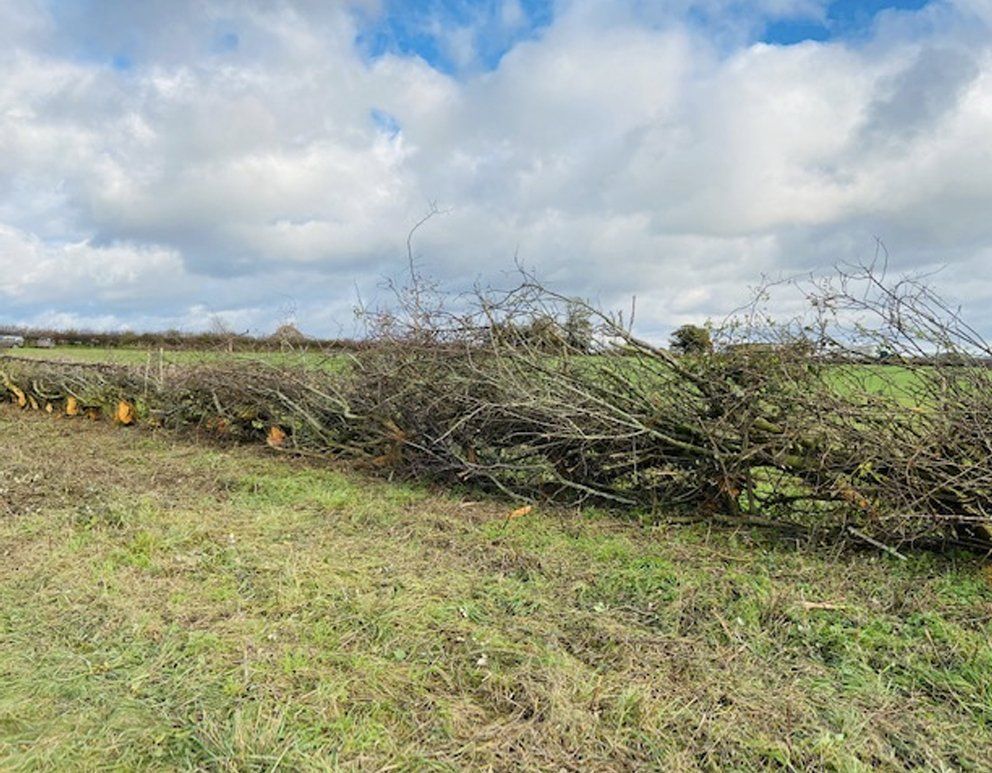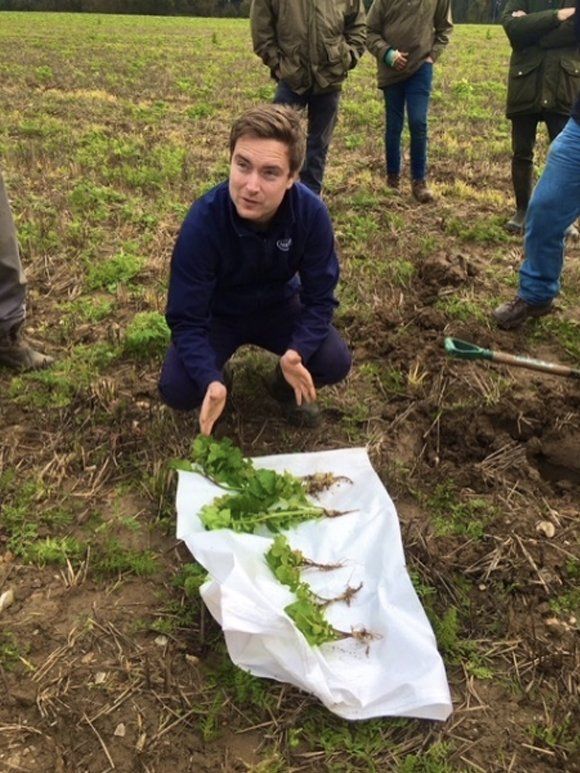If you listen, the ghosts whisper to you about a very different time
September 2022
It’s September 2022 and we’ve completed 18 pond restorations so far this summer. The sun is shining, and I’m walking across a cereal stubble with a digger contractor, tracking up the tramlines. Swallows dart around above our heads. We get to an area of the field where no cereal crop grew, and it has old deep wheel marks from when it lay wet. That’s the sign we need. The hint something more is going on down there.
In preparation, I’ve studied old maps and found evidence that there was once upon a time there was pond here. My research shows that, around the mid-1800s, and despite being on a hill, there is a chalk spring rising on the top. The map whispers to us about a very different timeframe, when there was a hedge running north to south too. More on that later. Back to the pond past.
“So what’s the plan here, Lizzie?!”
One of the farm workers looks at the ‘patch’ and says, “So what’s the plan here, Lizzie?!”. He’s obviously amazed I’m planning anything here at all. My skilled digger driver Will, makes a start and we begin scraping back the topsoil from the patch. About 2 hours work later, I start getting very excited.
We’ve gone through patches of light, stony topsoil and have come across an area of dark soil with big roots sticking out. This is a soil so different to that a few metres to the side – evidence that it was put here. We continue digging and a bright grey marl clay appears. Will and I hop down and start pulling squares and clumps of clay apart in my hands and little freshwater mussel shells appear. Now we’re talking! The ghost pond is becoming real.
As we continue digging in a circular shape, carefully judging where the outside of the pond used to be, I lift up a chunk to expose a perfectly indented broad-leaved pond weed leaf which had been pressed into the clay. This is a time capsule taking us all back to a very different time and giving me the reassurance that this was not just a dull pond, but one with water clearly supporting what we now refer to as ‘positive’ plant species. As If we didn’t think our day could get much better, it does.
A buried time capsule
While we continue to carve the sides of the new pond, which is now about 7ft deep, a small trickle of water emerges from the side. We had uncovered a spring - a small capillary of a spring - being pressed up through the underlying chalk.
Inspired by Dr Carl Sayer, we’ve learnt that such ponds were ‘Marl pits’, dug out by hand in the 1800’s for their clay to use as a soil conditioner on the farmland nearby. Sadly, some of these precious ponds, water bodies which supported a great number of plant species, were filled in, often at the same time as removing hedges. From Dr Sayer’s studies, we now know these buried time capsules host plant species and seeds which can lay dormant for 50-150 years. We just have to bring them to the surface, add water or get it added by a spring, to give them another opportunity to thrive.
I absolutely love pond restoration season. It’s the ultimate revival and you feel connected to the history and story of each field/farm pond we work on with Wensum Farmers. But ghost ponds are particularly special.
To think, two metres down, below those surface signs of depression and moisture, were waiting the imprints, shells and even seeds from a forgotten past. With care and effort, we’ve now created a freshwater habitat once more.
Habitat transformation
I enjoy watching the enthusiasm and amazement of the farmers, farm workers and digger team who become invested in understanding the history and all want to see how the transformed habitats mature.
Together, we have re-created a very special pond. A pond that is a viable home for the precious great crested newt which we have worked so hard as a group to support. A pond that will be steadily colonised by a succession of plants and insects. A pond to be used by the swooping, darting swallows above us – maybe descended from the ones that flew over the pond here generations ago.

